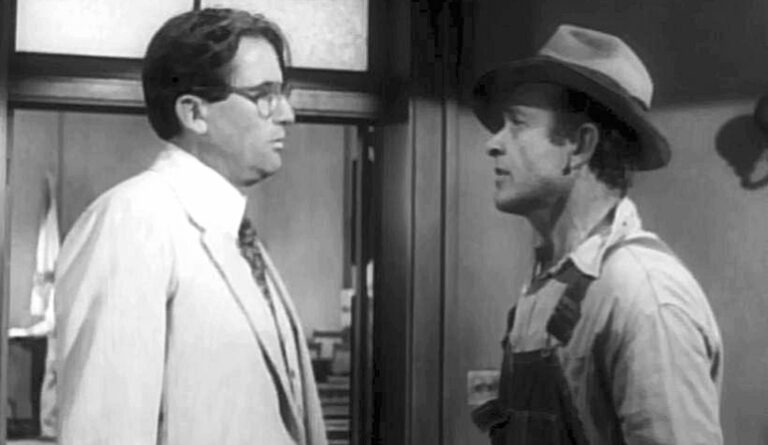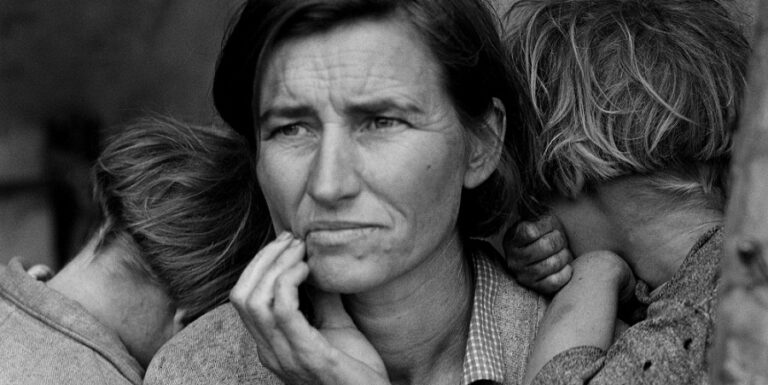The Best Short Story I Read in a Lit Mag This Week: “Davenports and Ottomans” by Stefanie Freele
Throughout our youth we’re hard-wired to look to the adults in our lives for ideas of who we want to be. Who we are, though, often seeks to establish itself in spite of those desires. Stefanie Freele’s flash fiction piece “Davenports and Ottomans” (Tahoma Literary Review Vol. 2, No. 1) explores this tension through a young protagonist at a party she can’t wait to leave.
When we meet Maribel, she’s uncomfortably dressed and on her best behavior at a family get-together, in a house with stairs that “smell like mold and rain, a confining smell.” She’s not just confined by the smell. “She hates these ill-fitting tights, the crinkly dress, the stiff polished shoes, and her mother for making her wear all of this nonsense.”
Then there’s the rules. Great Aunt Agnes has dishes of candy on the shelf, but Maribel’s not allowed to have them. But notice how Freele sneaks in an impulse that nicely contrasts with Maribel’s desire to disobey her great aunt.
“Quite badly she wants to touch the wrapped candies and line them up in groups of color or in rows of big to little. She wants to unwrap one of each color and shape, sniff them and make a line from tastiest to yuckiest.”
Maribel wants what she can’t have, but notice what she wants to do with them: put them in order…a different order than her great aunt had them, but an order nonetheless. We get the sense that though she may hate what her mother and great aunt are putting her through now, Maribel might not be as different from them as she might at the moment feel.
The contrasts continue, as we discover who’s not invited to this party: her aunt Vickie, who after a Thanksgiving dinner “fell asleep in their front yard, right by the mailbox, in the snow, and Maribel’s mom and dad had to carry her in after a neighbor called…” The reality behind what most likely happened – Aunt Vickie passing out – are lost on young Maribel. She imagines how wonderful it might be to sleep in the snow.
“She often considers building her own bed in a snow bank and if she wore her snowsuit, the purple mittens and her favorite boots, she discerns that she’d be warm enough to spend the entire night.”
Again, Freele juxtaposes the urge to step out of the ordered world Aunt Vickie feels free to break, but in doing so, that urge is accompanied by other, much less reckless desires. She wants to sleep in the snow, but while wearing her choice mittens and boots, and she’s planning ahead, concerned with her comfort throughout the cold night.
As the story careens to a close, the question at hand is one of identity. Maribel is presented with role models. Who will she align with? Aunt Vickie? Her mother? Great Aunt Agnes?
“If the room gets any warmer, Mirabel is certain she will rip off the tights and spring out into the snow before someone grabs her little wrist and says sit down. Although she is constraining herself with an effort she wasn’t even aware she had, an effort that seems inhumanly colossal, it is becoming more and more impossible to keep her body still and quiet, like a dusty reliable piece of furniture.”
She’s still at the party, she’s discovering more and more how much she can stand, but at the same time, she can’t wait to get out. Freele presents Mirabel as unknowingly stuck between her elders—it’s easy to imagine that these same competing feelings will plague her for the rest of her life. We’re all a mess of desires. Somewhere in the middle, Maribel may not find peace, but perhaps she’ll find herself.



